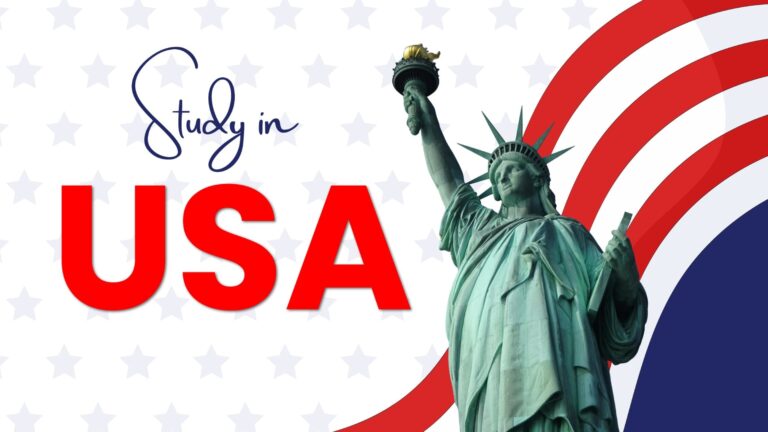Gaining admission to a top U.S. university as an Indonesian student requires a strong academic record, well-rounded extracurricular involvement, and compelling personal essays. Unlike Indonesia’s rigid entrance exam system, U.S. admissions take a holistic approach, evaluating applicants beyond just test scores. Below is a guide to help Indonesian students successfully navigate the process.
Standardized Tests: SAT & ACT
Most U.S. universities require either the SAT or ACT. While some schools have adopted test-optional policies, a strong test score can significantly boost an Indonesian student’s application by providing a standardized academic benchmark.
Many Indonesian schools, particularly SMA Negeri, private international schools, and national plus schools, do not offer SAT/ACT prep as part of the curriculum. This means students must prepare independently or seek private tutoring.
A competitive SAT score (1400+) or ACT score (32+) can also exempt students from English proficiency tests, depending on the university’s policy.
English Proficiency Exams: TOEFL & IELTS
For students attending Indonesian-language schools, U.S. universities require proof of English proficiency. The most commonly accepted tests are:
- TOEFL iBT (preferred by most U.S. universities)
- IELTS Academic (widely accepted but less common for U.S. schools)
- Duolingo English Test (accepted by some universities but not as reputable)
Competitive universities often require a TOEFL score of 100+ or an IELTS score of 7.0+. However, if a student has studied in an English-speaking environment (such as an international school), they may not need to take these tests.
Academic Records: Your Grades from Grade 9 Matter
Many Indonesian students assume that only SMA Grade 12 (Kelas 3 SMA) results matter, but U.S. universities evaluate grades starting from Grade 9 (Kelas 3 SMP equivalent). A strong SMP (middle school) foundation leading into high school is crucial.
If available, taking AP (Advanced Placement), IB (International Baccalaureate), or A-Level courses can showcase academic rigor and better prepare students for U.S. universities.
Common Application Essay: Stand Out with Your Story
Unlike Indonesia’s university entrance process, U.S. applications require personal essays that allow students to showcase their individuality. This is where Indonesian students can leverage their unique background.
Supplemental Essays
Research Your Target Schools: Many top universities require supplemental essays that ask, “Why do you want to attend this school?” Indonesian students should go beyond rankings and show how their goals align with each school’s offerings.
Extracurricular Activitie: Quality Over Quantity
Indonesian students often assume that U.S. universities prefer multiple extracurricular activities. However, top schools value depth over breadth—showing leadership and impact in a few key activities is more impressive than joining many clubs without meaningful contributions.
Recommendation Letters: Who Should Write Them?
Since recommendation letters are uncommon in Indonesia’s university system, many students don’t realize how crucial they are for U.S. admissions.
Building a Strong College List
Many Indonesian students only apply to Ivy League schools, but there are many top-tier U.S. universities that offer equal or better opportunities depending on the major.
- Ivy League & Top-Tier Schools: Harvard, Yale, Princeton, MIT, Stanford, Columbia, UChicago, Duke.
- Strong Research & STEM Schools: Carnegie Mellon, Johns Hopkins, Caltech, Georgia Tech.
- Best for Business & Economics: UPenn (Wharton), NYU (Stern), UC Berkeley (Haas).
- Liberal Arts Colleges (Smaller but Elite): Williams, Amherst, Swarthmore, Bates, and Pomona.




